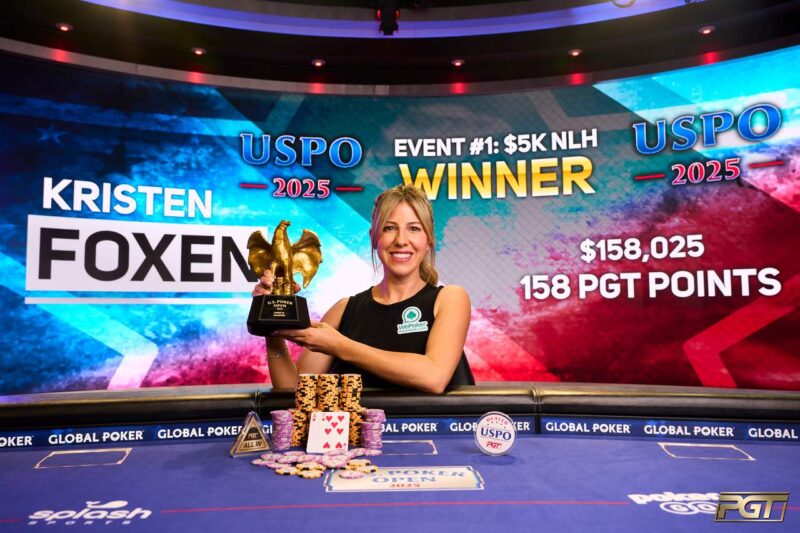
California is seen by many as the next target for the online poker market in the United States. Any potential profitability in Nevada, New Jersey and Delaware is hindered by the population size of those states; particularly Nevada and Delaware, which have attempted to circumvent those issues with an intrastate players’ compact.
California, with a huge population of almost 38.04 million, has faced its own series of hurdles, the biggest of which is the conflict between the state’s multiple casino-owning Indian tribes. Disagreements between tribal interests made it seem like none of them would budge on their demands. But after months of uncertainty, it looks as if the divided tribes have now become united – with one notable exception: the Morongo Band of Mission Indians, who have already aligned with “bad actor” PokerStars.
(Almost) Unified Poker Bill
Thirteen of California’s tribes sent a letter to Sen. Lou Correa (D-34) and Assemblyman Reggie Jones-Sawyer (D-59) to say they had reached a deal with regards to online poker registration. Both Correa and Jones-Sawyer previously authored two bills that hoped to bring online poker to California. The tribes expressed their support for the Internet Consumer Protection Act of 2014.
The tribes listed as signing their support were the Agua Caliente Band of Cahuilla Indians, the Barona Band of Mission Indians, the Cachil Dehe Band of Wintun Indians, the Lytton Band of Pomo Indians, the Pala Band of Mission Indians, the Paskenta Band of Nomlaki Indians, the Pechanga Band of Luiseño Indians, the Rincon Band of Luiseño Indians, the San Manuel Band of Mission Indians, the Sycuan Band of Kumeyaay Indians, the United Auburn Indian Community, the Viejas Band of Kumeyaay Indians and the Yocha Dehe Wintun Nation.
“We are honored to inform you and your colleagues that for the first time in five years, the undersigned tribal governments are united in support of the attached unified language that would authorize intrastate Internet poker in the State of California,” opened the letter. “As you know, this journey has been long and difficult, but the challenges posed by the Internet demand that we harness rather than cede the technology of the future for California and for our tribal communities.
Highlights of the Bill
The general bullet points and requirements of the drafted bill are pretty standard. Even though this bill is only in the draft stages and has not been formally introduced, there’s little chance much of the language would change. To no surprise the bill states that operator licenses are only eligible for federally recognized California card rooms or tribes. Licenses are valid for ten years, subject to a one-time deposit of $5 million, and are limited to offering only two online poker skins. Applicants must pay the deposit on their own and the fee is taxed at five percent of revenue.
The bill mainly concerns itself with intrastate online poker operations. Any dealings between states would require separate pieces of legislation. Additionally, play is limited to those over the age of 21 and it would be a misdemeanor to play on unlicensed states. If the bill were to pass, regulations would have to be implemented within 180 days of passage and all licensees would have to wait one year before commencing operations.
The Bad Actor Stipulation
Before the tribes became a united front, the inclusion of a “bad actor” clause for any potential bill was insisted upon by many of them. With this draft, the bill explicitly states that any company which took bets from customers in the United States after Dec. 31, 2006 (when the Unlawful Internet Gambling Enforcement Act, AKA UIGEA, went into effect) would be prevented from entering the California online market. Any “bad actor” hoping to maneuver around this clause shouldn’t get their hopes up. The draft says that if such a stance was found unconstitutional, the entire bill would be null and void.
This is a standoff with the Morongo Band of Mission Indians, who are noticeably absent from the list of signatures. Quite recently, Morongo and the major California poker card rooms such as the Bike, Commerce and Hawaiian Gardens announced they had plans to team up with PokerStars – the primary “bad actor” that would be excluded from entering the market, should this bill pass.
However, according to Morongo Chairman Robert Martin, they aren’t going to take such a move lightly. Morongo would plan on fighting against legislation that could be seen as anti-competitive. But if the draft of the 13 tribes was to go forward and Morongo would take action, it could likely cripple the momentum of online gambling in California.
PokerStars Responds
Not surprisingly, PokerStars parent Rational Group was quick to address these issues and make their position clear. They say they will oppose any legislation that wants to pre-define which operators will be allowed to seek licenses, and which will not. Backed, of course, by their allies as mentioned above, Rational says their official stance is to allow “well-regulated websites owned by California’s trusted gaming partners.” That would be the Morongo Tribe, for Pokerstars, of course.
The company went on to say that the inclusion of the “bad actor” clause was “nothing other than a blatant attempt to provide certain interests with an unfair competitive advantage by arbitrarily locking out trusted iPoker brands.”
Rational and its partners says the only suitability requirements should be left to state regulators, and that they plan to work towards legislation that would “not just…use the Legislature to protect [other online brands] from fair competition.”


